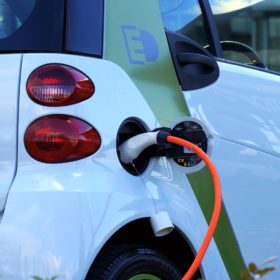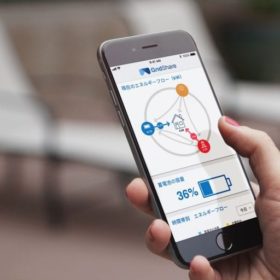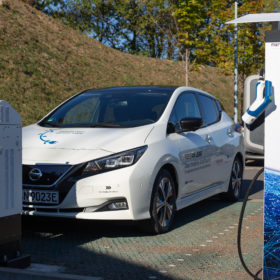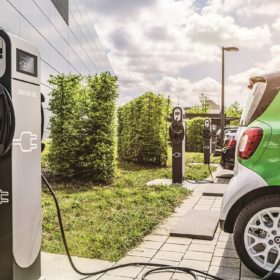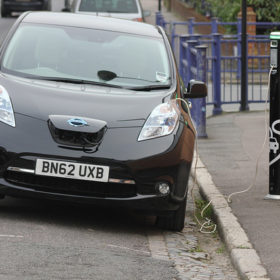Supply chain concerns will drive EV battery recycling policies
With electric vehicles starting to gain traction, the International Energy Agency’s updated, ten-year e-mobility forecast has suggested geopolitical and economic concerns will trump environmental niceties when it comes to encouraging recycling. But what price ever-cheaper batteries?
Moixa reaches 100 MWh of virtual power plant capacity in Japan
The company says its network is the largest fleet of batteries under virtual power plant management worldwide.
Dutch government treats 21 municipalities to smart EV chargers
Vehicle-to-grid functions could soon become increasingly important. While policymakers discuss the necessary regulations in other nations, the Netherlands government is motoring ahead with the technology.
Moixa launches 35 MWh battery cluster in Japan
The smart battery storage supplier has launched a 35 MWh cluster in Japan. This could grow to over 100 MWh within a year, says Moixa.
V2G frequency control launched in Germany
A much talked about concept, but the final step into market operationality has not been done – yet. Nissan, The Mobility House, and Enervie have joined forces to allow Nissan Leaf’s to provide frequency control to a distribution grid in Germany. The concept has received permission to pursue its plans, and for corporate customers it will be ready for adoption as of 2019.
EVs could become key to renewables uptake and world’s largest source of battery storage
For renewables to claim a more sizable share of the global energy mix, the adoption of energy storage would need to pick up pace and the rapidly increasing size of the EV fleet will offer a scalable way to ramp up such access, says Fitch Solutions.
Total acquires EV charging station developer
As EV adoption rates pick up pace, oil companies are looking to invest in the technology to maintain their position in the transport sector. Total has moved for G2mobility, which develops interconnected EV chargers that, using a web platform, provide smart energy management services.
Battery maker Lithium Werks to open research campus in Twente
The Dutch company provides lithium iron phosphate batteries and employs artificial intelligence solutions for mobility-as-a-service applications. It aims to develop its technology further with the help of the University of Twente.
Clean tech transition could generate 65 million jobs, save $26 trillion – study
The New Climate Economy and OVO Energy, together with the Imperial College London, have published two independent reports pointing at the tremendous financial advantages resulting from clean tech transitions. Carbon pricing schemes could reap global sales of around US$2.8 billion, they say. Wide-spread use of storage, V2G, and electric heating could further save U.K. homes around $258 per year.
EV charging infrastructure market to reach $18 billion by 2030
EV charging infrastructure is set to become a major market, and actors from different sectors like municipal utilities, inverter companies and storage system providers are getting creative, and collaborative, in order to secure a slice of the cake.


